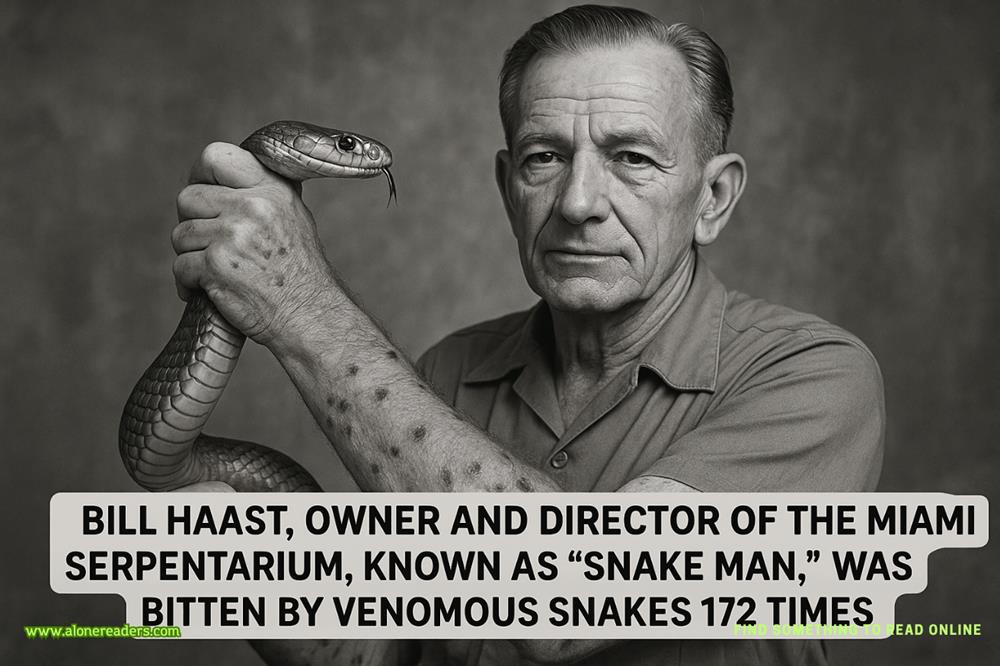Page 20 of Confounding Oaths
“That seems less fighting like a soldier,” Mr. Caesar pointed out, “than fighting like a coward.”
Kumar gave a solemn nod. “All men would be cowards if they durst.”
“Fuck off,” replied Barryson. “What does that even mean?”
Either to assert his authority or to prevent his men falling to squabbling, the captain took charge. “It means any man with sense is afraid to die, and the ones that act like they aren’t are too scared to be honest.”
“There’s a little more to it than that,” Kumar protested. “But not very much more.”
“And your three rules will win me a duel?” asked Mr. Caesar, more than a little incredulous.
“Against a bad swordsman.” Captain James took the blade from Kumar’s unresisting hand and moved into the circle to face Mr. Caesar. “And I’d lay money on the major being a bad swordsman. He’s not fine enough to have learned well in the salle, nor base enough to have learned well in the street. Now go on, defend yourself.”
And with no further warning, the captain attacked. It wasn’t a particularly precise thrust, nor one with much vigour behind it, but the shock of it was enough for Mr. Caesar to leap back hurriedly, flailing with his own sword, and then, judging himself to have executed the first two techniques adequately, hold the point out in the general direction of his opponent.
“There you go,” said the captain with a broad, easy smile. “That wasn’t so hard, was it?”
Captain James came forward again and, again, Mr. Caesar leapt back, batted at anything long and metallic that seemed to be in his general vicinity, and then once more pointed his weapon as a deterrent. After a few more similar exchanges, a pattern seemed to be emerging.
“I’m not sure,” Mr. Caesar confessed, already a little out of breath, “that I see this strategy proving viable in the long term. How am I ever supposed to hit him?”
This drew another smile from the captain. He had an annoyingly good smile, Mr. Caesar felt. A smile that said he’d seen more of life than you and so could understand more of joy. Then again, maybe Mr. Caesar was just the kind of man who assumed everybody else was doing life better than him. Although to be fair, in his case he was mostly right. “You don’t. Unless he runs onto your blade, which happens more often than you’d think. Otherwise you’re playing for time.”
“Time for what?”
“For him to get tired,” suggested Kumar.
“Or the law to show up,” added Sal.
“Or—and I’m just throwing this out there …” That was Jackson, watching like a cat from the sidelines. “For a gang of vagabonds to appear out the early morning mist, make a grab for the gentlemen’s bags and baggage, and then dash off in the direction of a local rookery, causing the whole thing to be called off by reasons of interruption.”
Conventional though his life had been, Mr. Caesar understood enough of the proposal to have misgivings. “Isn’t that a little deceptive?”
“Oh, it’s a lot deceptive,” Callaghan told him. “But you soon learn in the king’s army that if it’s deception or bleeding to death in a field, you choose deception.”
“Fact is,” said Captain James, “that when two men with blades don’t know what they’re doing—and I don’t really think either of you are going to know what you’re doing—somebody gets hurt. If we set up a distraction, things’ll go better for everyone.”
Mr. Caesar looked down at his hand, still gripping the hilt of his sword with the best technique he was able to grip it with. “So what was all this in aid of?”
“Stop you panicking. You need to know what it’ll be like to have some bastard trying to kill you or you’ll just stand there and let him. Now, we should think about how it works with a sabre. Barryson”—he turned to the vitki—“pass me something that cuts.”
The lessons, such as they were, lasted all day and into the evening, with the captain growing incrementally more aggressive as time wore on and Mr. Caesar, eventually, growing confident that he could at the very least defend himself long enough for somebody more competent to intervene. Eventually exhaustion and alcohol (in different measures for different parties) overtook the assembly and matters were deemed concluded.
This, however, left Mr. Caesar stranded in by far the most perilous part of the night in by far the most perilous part of the city and only now was he beginning to realise the difficulty this placed him in.
When he raised the issue with the captain, it earned him a laugh and a grin. “Well now, what kind of officer would I be if I turned a fine gentleman like yourself out to the mercy of St. Giles?”
Mr. Caesar couldn’t tell if the glint in the captain’s eye was intent or just candlelight. So he opted to be indelicate. “That sounds a little like you’re propositioning me.”
Sat a little further along the bar, Callaghan nudged Boy William with his elbow. “Hear that, lad, the captain’s slipping. It only soundsa littlelike he’s propositioning him.”
“Now, now,” put in Sal from the opposite direction, “we’re dealing with a gentleman here. You can’t go up to a gentleman and just say how do you feel about getting your cock sucked, it’s not done.”
This kind of vulgarity was far more familiar to Mr. Caesar than anything else he’d experienced since his arrival in the Folly. When one spent one’s formative years in places like Lady Quim’s Houseof Buggery, one learned to accept a certain amount of lewd talk as ordinary. “You’ll find,” he said to the room in general, “that it actually depends very much on the gentleman.”
“And on who’s asking, I expect,” added Jackson.
“Again, depends on the gentleman.”















